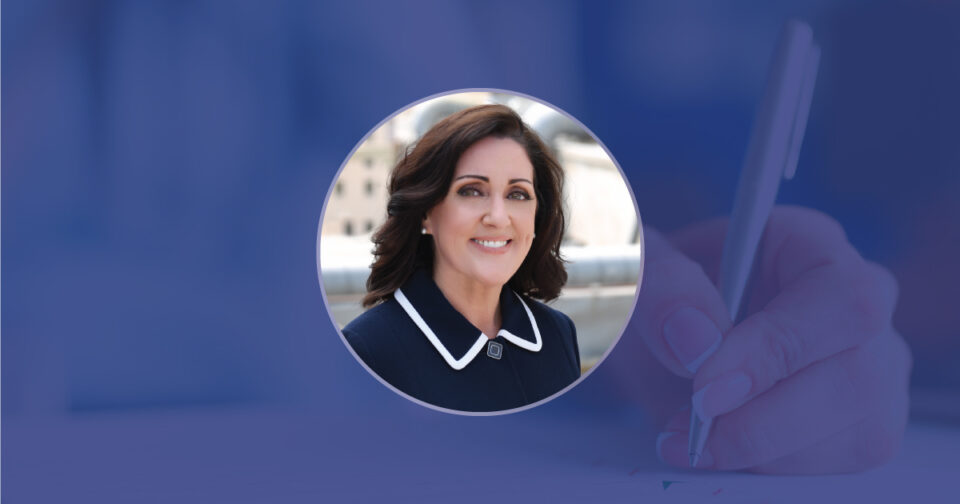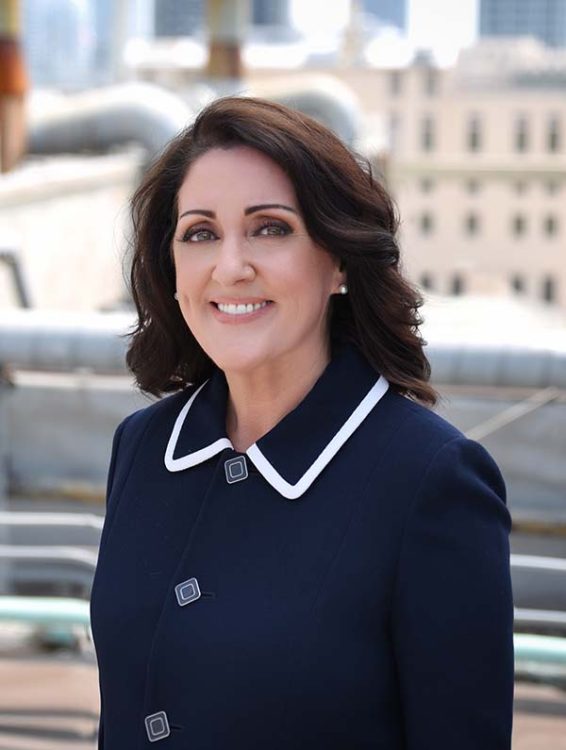 The COVID-19 pandemic, coupled with the economic turmoil that has taken hold in its wake, has upended our lives and eroded our sense of well-being. The American Psychological Association’s most recent “Stress in America” survey reports that more than 80% of us view the future as a major source of stress. And it’s no wonder. Despite more than three months in virtual lockdown, the virus is still on a rampage. Infections continue to peak in many parts of the country, and we watch helplessly as the reported death toll creeps tragically upward.Meanwhile, millions upon millions of Americans have lost their jobs, and thousands of small businesses have shut their doors with little certainty that they’ll be able to rebound. Across the country, people are foregoing the medications they need in favor of feeding their families. Stress, depression and anxiety have skyrocketed, along with alcohol consumption and domestic abuse.
The COVID-19 pandemic, coupled with the economic turmoil that has taken hold in its wake, has upended our lives and eroded our sense of well-being. The American Psychological Association’s most recent “Stress in America” survey reports that more than 80% of us view the future as a major source of stress. And it’s no wonder. Despite more than three months in virtual lockdown, the virus is still on a rampage. Infections continue to peak in many parts of the country, and we watch helplessly as the reported death toll creeps tragically upward.Meanwhile, millions upon millions of Americans have lost their jobs, and thousands of small businesses have shut their doors with little certainty that they’ll be able to rebound. Across the country, people are foregoing the medications they need in favor of feeding their families. Stress, depression and anxiety have skyrocketed, along with alcohol consumption and domestic abuse.  It is clear that the novel coronavirus represents just one pandemic that we are facing. The second—and the one likely to last for a decade, or even a generation—is the mental health pandemic that is already taking its toll in countless ways. Calls to some distress hotlines have increase by 1000%, and prescriptions for anti-anxiety medications have increased by more than a third.
It is clear that the novel coronavirus represents just one pandemic that we are facing. The second—and the one likely to last for a decade, or even a generation—is the mental health pandemic that is already taking its toll in countless ways. Calls to some distress hotlines have increase by 1000%, and prescriptions for anti-anxiety medications have increased by more than a third.
What we can do

We’re in this for the long haul, a fact that will demand a tremendous amount of psychological energy from each of us. So I urge you: take the steps you need to maintain both your physical and mental health—as well as the health of those you love—during this time of unprecedented uncertainty and anxiety.
• Understand the difference between manageable stress and the stress that puts your mental health at risk. What you need to avoid is stress that affects your appetite, your sleep patterns, your motivation, your energy and your interactions with others.
• If you feel it’s beyond your control, reach out for help. If you’re employed and your company offers an Employee Assistance Program, take advantage of its services. If you’re not, ask your doctor for a referral to a licensed therapist.
• Create a routine for yourself; it’s normal to feel at loose ends if you don’t have a schedule to follow.
• Stay informed of the CDC guidelines, but don’t over-obsess on the news. And limit your use of social media to contacts with friends and family who are important to you.
• Be aware of quarantine fatigue—especially for your kids—and plan family activities that are safe and enjoyable and can get little minds to focus on fun rather than confusion.
• Consider practicing mindfulness—whether you use meditation, yoga or prayer, it will help to focus on the moment rather than let you mind run wild with “what ifs.”
• And above all, cut yourself some slack. These are unprecedented times—circumstances for which none of us was prepared. It’s natural to feel some anxiety, but the trick is to prevent it from taking over.
Yes, we’re all in this together. But YOUR job is to focus on you, and your family. There will be a time when this virus is behind us; we each need to make sure we’re mentally and physically ready to make the most of it.






